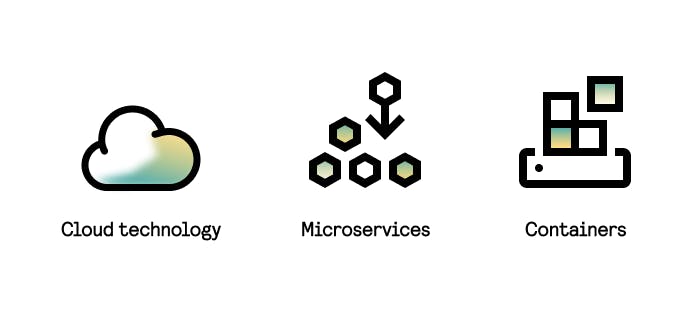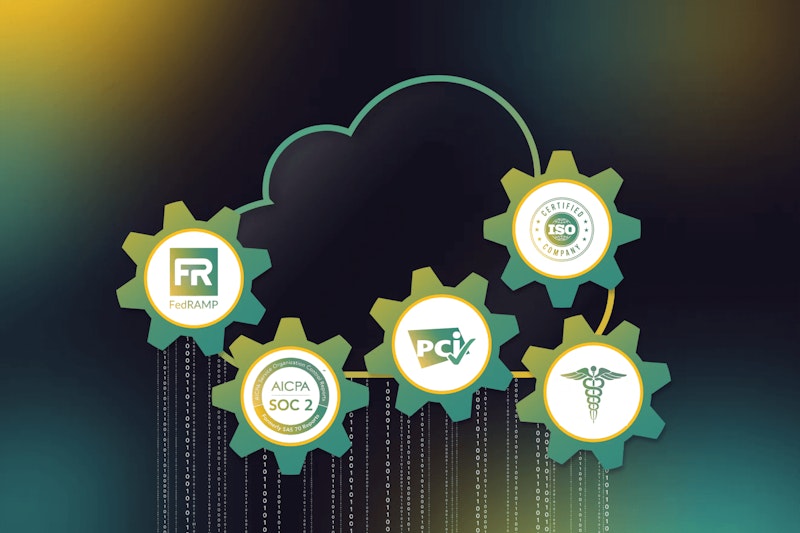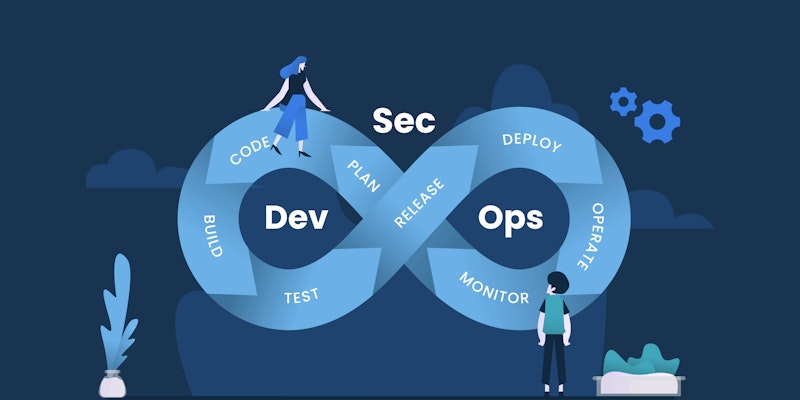DevSecOps changes the way we handle security throughout the entire development cycle. And making the move to this new approach pays off. Here's what you get when you abandon your old ways and convert to DevSecOps.
A proactive approach to security
Instead of stumbling into security and compliance problems late in the development cycle, teams that practice DevSecOps can plan ahead and tackle them preemptively.
DevSecOps introduces a flexible system of reviewing, testing, and auditing code at every stage, minimizing the risk of security flaws. In terms of ROI, this means a higher pipeline velocity, as well as a lower failure rate for deployments.
Get this: 95% of organizations that use DevSecOps report a significant increase in incident detection speed.

Improved collaboration between departments
DevOps closed the gap between development and IT operations, bringing about a major shift in the ways we build software. DevSecOps throws security in the mix, fostering a shared responsibility among all the parties involved.
There's no longer a need for a siloed task force that only handles security — it's now up to all the members of the team. What you get is a group of professionals with intimate knowledge of their respective areas of expertise, working toward a common goal. This transforms into better issue resolution time, which directly impacts the project's ROI.
Faster patching of vulnerabilities
DevSecOps incorporates standard practices for identifying and patching vulnerabilities into the development and production pipeline. So as new threats appear, your software remains protected by promptly issued patches.
Time to patch is one of the critical metrics for measuring DevSecOps ROI. It's also a very real indicator of a system's overall security. The longer it takes to patch an identified vulnerability, the higher the chance of a security breach by malicious agents.
Prevention of costly reworks
It's quite simple: if a security vulnerability creeps into your code, and your team fails to notice it early, everyone has to put in billable hours to fix it. The more features that are based on that code, the more code that will need to be retested and rebuilt. DevSecOps can save you from such predicaments — and protect your budget, too.
Automation
Another major boon of DevSecOps, automation increases its ROI even more. How exactly? According to the Security Compass research, manual security and compliance processes are the main cause of delivery slowdowns — in a whopping 75% of all cases.
This all changes when you use DevSecOps. Depending on your project's needs, your team can set up automated workflows for security and compliance testing. These repeatable routines are easy to standardize, scale, and adapt to new requirements, so your experts can focus on more important tasks.
Built-in compliance
DevSecOps helps build compliance into the very fabric of software. If your application must comply with specific data privacy regulations or has strict security requirements that affect the choice of infrastructure, adopting this methodology is a no-brainer.
With DevSecOps, you can start engineering your software in accordance with compliance standards from the get-go. By making the right decisions on architecture, safe storage, or data exchange protocols early on, you can save on costs and improve time to market.
DevSecOps is an incredibly valuable tool for streamlining your security practices and increasing the project's ROI. It helps avoid future compliance issues and ensures uninterrupted development without costly reworks. To unlock the full potential of DevSecOps, you need to implement the approach with meticulous consistency.
At Alpacked, we know which rookie mistakes to look out for.








